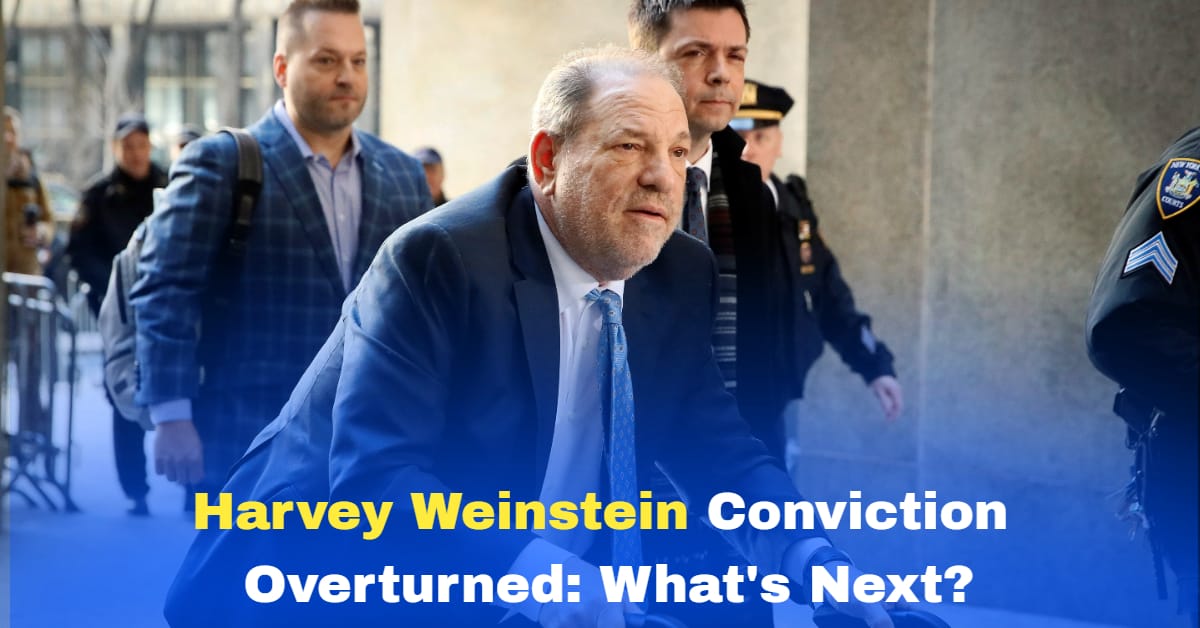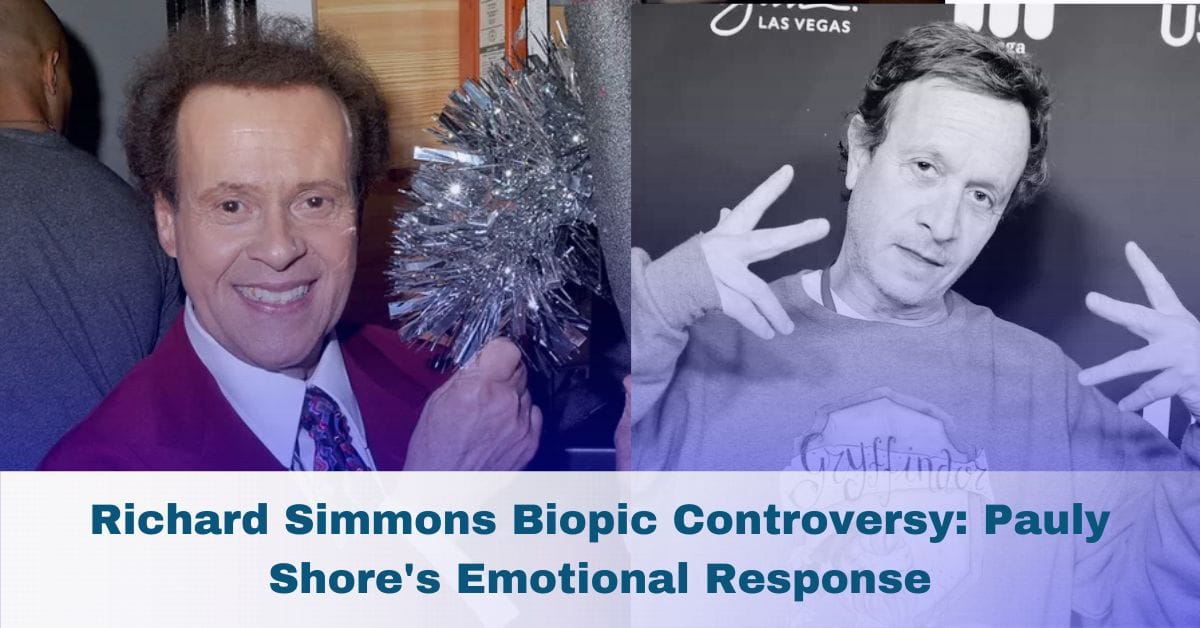In a surprising turn of events, Harvey Weinstein 2020 rape conviction was overturned Thursday in New York, opening the door to a new trial. The state Court of Appeals found that the judge in the landmark #MeToo trial had prejudiced the former film mogul with improper rulings, including allowing women to testify about allegations that weren’t part of the case.
Errors in the Trial
The court’s 4-3 decision highlighted the wrongful admission of testimony regarding uncharged, alleged prior sexual acts against persons other than the complainants. This testimony, according to the court, served no material non-propensity purpose. Additionally, the court criticized the ruling that allowed Weinstein to be cross-examined about these allegations and other misconduct, which portrayed him in a highly prejudicial light.
The Impact of the Decision
Judge Jenny Rivera labeled these errors as “egregious” and stated that the remedy is a new trial. This means Weinstein’s accusers could be called to testify once again. Attorney Lindsay Goldbrum, who represented six Weinstein accusers, expressed disappointment, calling the decision a “leap backward for the rule of law.” She also expressed concern that this could deter future sexual assault victims from coming forward.
Legal Perspectives
Attorney Douglas H. Wigdor, who has represented eight Weinstein accusers, criticized the decision, stating that it is a major setback in holding individuals accountable for acts of sexual violence. He argued that courts often admit evidence of other uncharged acts to assist juries in understanding the intent, modus operandi, or scheme of the defendant.
Reactions and Sentencing
Juda Engelmayer, a spokesperson for Weinstein, expressed delight at the court’s decision and highlighted the upcoming legal battle in California. Weinstein, currently serving a 23-year sentence in a New York prison, was convicted on charges of criminal sex act and rape in the third degree. He also faced charges in Los Angeles, where he was convicted in 2022 of rape and sentenced to 16 years in prison.
Conclusion
The overturning of Harvey Weinstein’s 2020 rape conviction has sparked mixed reactions. While some view it as a victory for the rule of law and criminal defendants’ rights, others see it as a setback for survivors of sexual assault. As the legal battle continues, the outcome of Weinstein’s new trial and its implications for the #MeToo Movement remain uncertain.
Also Read: Vega Movies Hub Gains Popularity as a Hub for Movie Lovers
FAQs
Q: Why was Harvey Weinstein’s conviction overturned?
A: The court found that the judge in the original trial made errors, including allowing testimony about uncharged allegations, which prejudiced Weinstein.
Q: What happens next after the conviction is overturned?
A: Weinstein will face a new trial, and his accusers may be called to testify again.
Q: How does this decision affect the #MeToo Movement?
A: Some see it as a setback, fearing it could deter future victims from coming forward, while others view it as a victory for defendants’ rights.
Q: Will Harvey Weinstein face a new trial?
A: Yes, the court’s decision paves the way for a new trial for Weinstein.
Q: What are the implications of this decision for other sexual assault cases?
A: The decision could impact how evidence is handled in future cases involving allegations of sexual violence.
Discover more from Cine Storytellers
Subscribe to get the latest posts sent to your email.




Thanks for sharing. I read many of your blog posts, cool, your blog is very good.
I don’t think the title of your article matches the content lol. Just kidding, mainly because I had some doubts after reading the article.